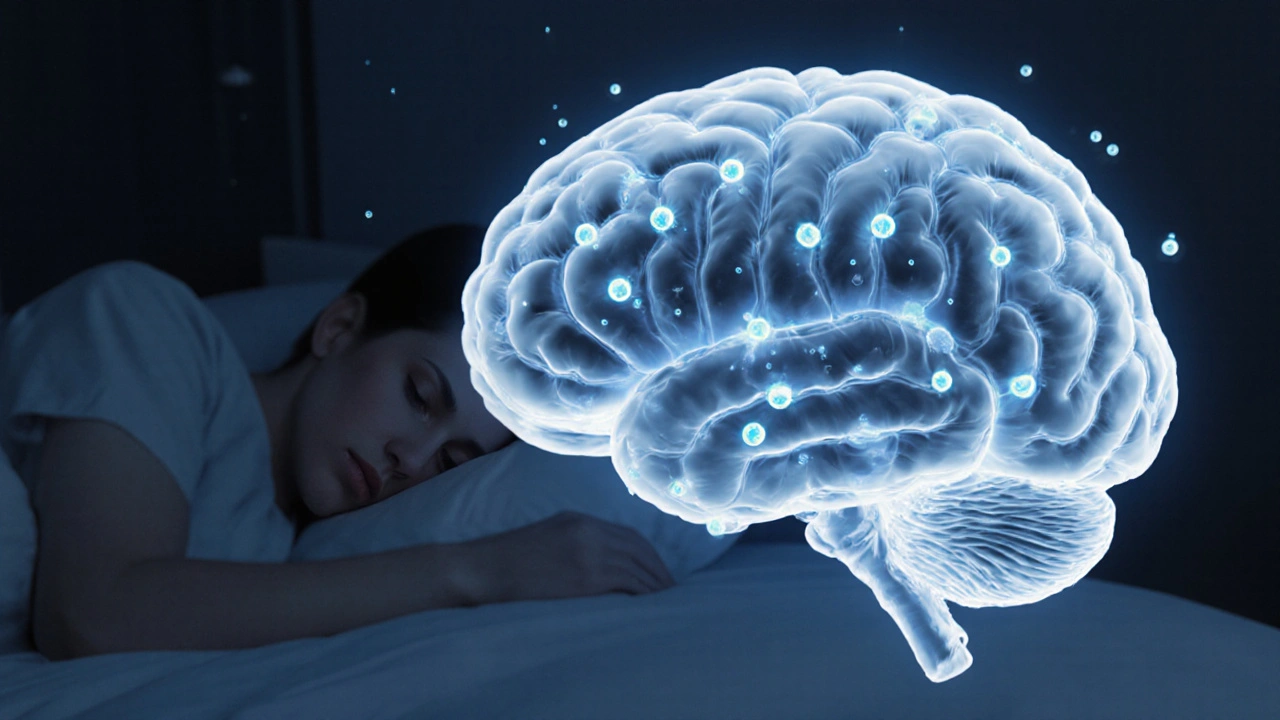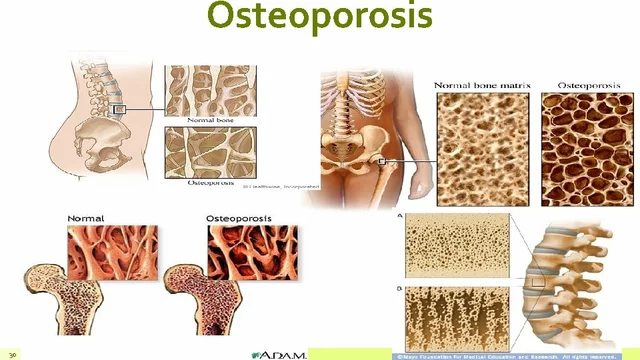Sleep Disorders: What They Are and Why They Matter
When dealing with Sleep Disorders, a group of conditions that affect the quality, timing, or duration of sleep. Also known as sleep disturbances, it impacts daily performance, mood, and long‑term health.
One of the most common forms is Insomnia, difficulty falling asleep or staying asleep, which often shows up alongside Sleep Apnea, repeated breathing pauses during sleep. Sleep disorders also include narcolepsy, restless legs syndrome, and circadian rhythm disorders. These conditions encompass a range of symptoms, from daytime fatigue to serious cardiovascular risks. Managing them usually requires good sleep hygiene, such as consistent bedtimes, a dark environment, and limited screen exposure. Research shows that circadian rhythm disruption influences many sleep disorders, making lifestyle alignment with natural light cycles a key strategy.
How You Can Tackle Sleep Disorders
Effective treatment starts with identifying the specific disorder. For insomnia, cognitive‑behavioral therapy and relaxation techniques often outperform medication. Sleep apnea patients typically benefit from CPAP machines or positional therapy, while narcolepsy may need stimulant medications and scheduled naps. Across the board, adopting proper sleep hygiene—like avoiding caffeine late in the day, keeping the bedroom cool, and winding down with calming activities—supports recovery. Understanding the link between stress, diet, and sleep can also guide practical adjustments. Below you’ll find a curated list of articles that dive deeper into each condition, treatment options, and actionable lifestyle tips to help you reclaim restful nights.
Sleepwalking and night terrors are common but dangerous sleep disorders. Learn how to keep loved ones safe, use proven behavioral fixes like scheduled awakenings, and know when to see a doctor-without relying on medication.
Read more
Explore how low blood sodium (hyponatremia) disrupts sleep, the disorders it can trigger, and practical steps to restore balance and improve rest.
Read more







